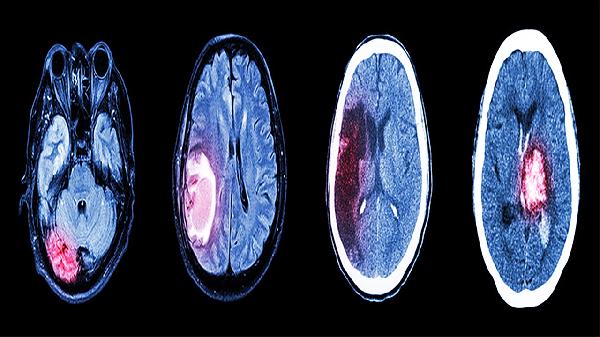When we talk about 'idealness,' we're diving into a concept that’s both deeply personal and universally relatable. At its core, idealness is about striving for the best version of something—whether it’s a goal, a relationship, or even yourself. But here’s the kicker: idealness isn’t about perfection. It’s about balance, authenticity, and the pursuit of what feels right for you. So, let’s unpack this powerful idea and see how it shapes our lives in ways we might not even realize.

Let’s get one thing straight: idealness isn’t synonymous with perfection. In fact, chasing perfection can be a one-way ticket to burnout and disappointment. Idealness is more about aligning with your values, priorities, and what truly matters to you. Think of it as your personal North Star—it guides you but doesn’t demand you reach it overnight. For example, an ideal relationship isn’t one without arguments; it’s one where both partners feel heard, respected, and valued. Similarly, an ideal career isn’t about climbing the corporate ladder at lightning speed; it’s about finding work that fulfills you and aligns with your passions.
You might not realize it, but idealness is woven into the fabric of your daily decisions. From the way you prioritize self-care to the boundaries you set with others, it’s all about creating a life that feels good to you. Take your morning routine, for instance. If you’re someone who thrives on structure, your ideal morning might include a workout, a healthy breakfast, and a few minutes of meditation. But if you’re more of a go-with-the-flow type, your ideal morning could be hitting snooze a few times and grabbing coffee on the way to work. Neither is better than the other—it’s about what works for you.
Here’s where things get tricky: society loves to tell us what’s ideal. Whether it’s the perfect body, the dream job, or the picture-perfect family, these external expectations can cloud our judgment and make us feel like we’re falling short. But here’s the thing: idealness is subjective. What’s ideal for one person might not be ideal for another. The key is to tune out the noise and focus on what feels authentic to you. Easier said than done, right? But with practice, you can learn to separate societal pressures from your own desires.
Your mental health and your sense of idealness are deeply intertwined. When you’re living in alignment with your values and priorities, you’re more likely to feel content and at peace. But when there’s a disconnect—say, you’re in a job that drains you or a relationship that doesn’t fulfill you—it can take a toll on your mental well-being. That’s why it’s so important to regularly check in with yourself and reassess what’s working and what’s not. Think of it as a mental health tune-up: small adjustments can make a big difference.
So, how do you figure out what idealness means to you? Start by asking yourself some key questions: What makes you feel fulfilled? What are your non-negotiables? What kind of life do you want to look back on with pride? Once you have a clearer picture, start making small changes to align your life with that vision. Remember, idealness isn’t about making huge, sweeping changes overnight. It’s about taking consistent, intentional steps toward the life you want.
Here’s the thing about idealness: it’s not set in stone. As you grow and evolve, so will your idea of what’s ideal. Maybe your ideal career at 25 looks completely different from your ideal career at 40. And that’s okay. The key is to stay open to change and be willing to adapt as your priorities shift. Think of it as a living, breathing concept—one that grows with you.
At the end of the day, idealness is about creating a life that feels good to you. It’s not about meeting someone else’s standards or chasing an unattainable version of perfection. It’s about finding balance, staying true to yourself, and embracing the journey. So, take a moment to reflect on what idealness means to you—and then go out and live it.
























